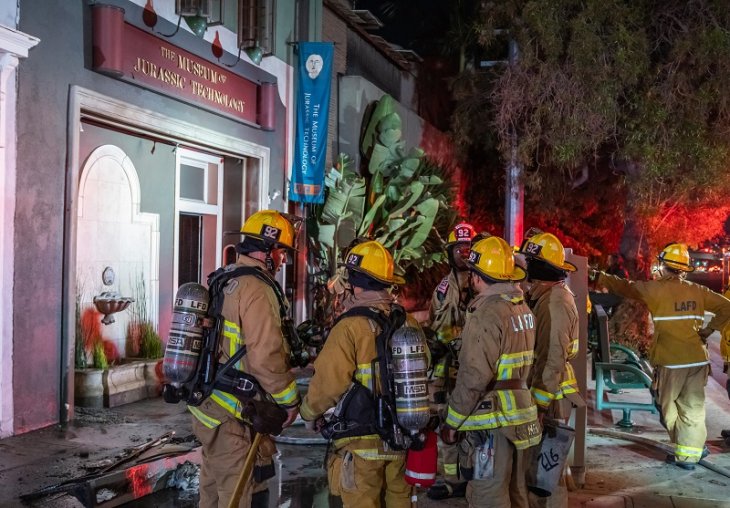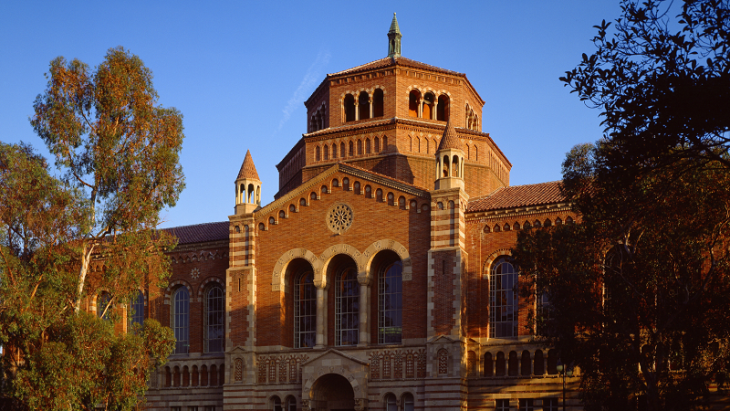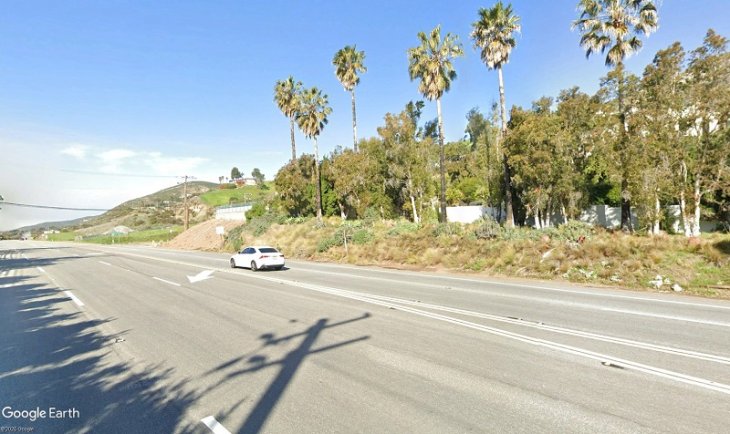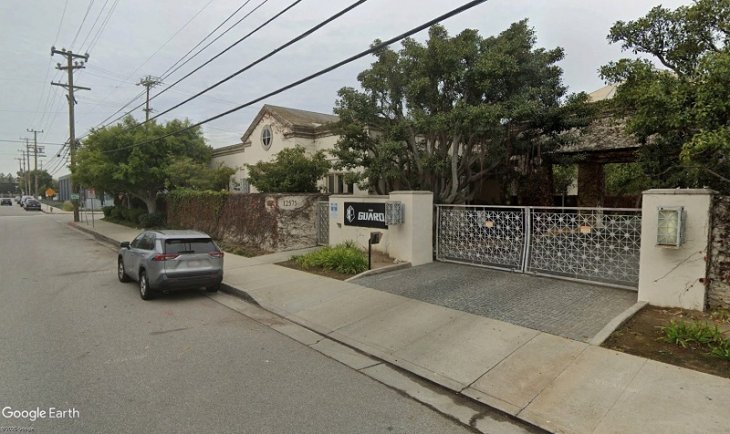By Nick Boyd
“Call Me by Your Name,” a gorgeously shot film that takes place in Italy in 1983, is about the growing bond between Elio (Timothée Chalamet) and Oliver (Armie Hammer).
Elio is a 17-year-old American teenager living in Italy with his parents at their villa over the summer. He is very intellectual and gifted, reading high-brow books, playing musical compositions, and conversing in three languages.
One day, a graduate student named Oliver arrives to stay at the Perlman’s villa to do research with Elio’s father, who is a professor of archeology. Soon after his arrival, Elio is drawn to Oliver on a sensual level. A scene outside where Elio is watching Oliver play volleyball reveals the initial stages of what will transform into a mutual attraction. What complicates things is that Elio also has sexual feelings (it seems) for some teenage girls in town, who likewise are attracted to him. His sexual identity fluctuates at times, as he attempts to come to terms with his desires.
Given that their romance is a same-sex one and Oliver is a guest at the Perlman’s residence, Elio and Oliver try to be discreet about their burgeoning relationship. As depicted, the love that they share is tender and not exploitative, despite the age difference. The yearning and affection they feel for each other is palpable. In the quiet moments they are able to have together, they are vulnerable with each other.
The film is leisurely paced and lets the audience soak in the picturesque European backdrop. A summer day in the Italian countryside for these two young lovers is one to cherish and enjoy.
Both Chalamet and Hammer give remarkable performances that are raw and powerful, while Michael Stuhlbarg as Elio’s father, provides an understated performance of warmth and compassion. A speech that Stuhlbarg delivers late in the movie is one of the most emotional and poignant I have heard in recent memory.
When it comes time for the two to part ways at the end of Oliver’s stay, it is apparent just how much their time together has meant for each of them on a deeply emotional level.
The picture, which is in English, Italian, and French, has a subtlety to it in what is left unsaid in characters’ gestures and behaviors. Filled with rich emotional layers, the film captures with much insight what it means to be at emotional crossroads. The ending of the movie, which focuses just on Elio’s face, is heartbreaking, and Chalamet with no dialogue, wonderfully shows what Elio is feeling. One of the best films I have seen in the last year, this is one I will not easily forget.

Photo courtesy of “Call Me by Your Name”.





















